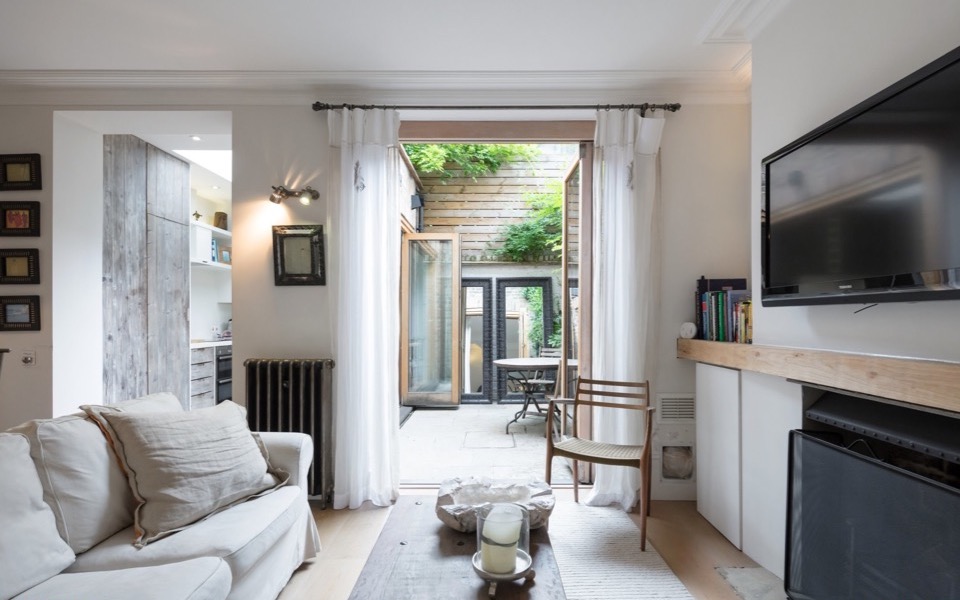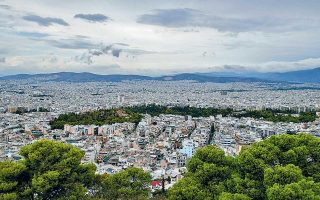Big supply of short-term rentals

Even over the year’s first half, most of which was upset by the pandemic, the competition between hotels and short-term property rentals in Greece continued to rage: The available number of rooms and beds on platforms such as Airbnb and HomeAway was similar number to that at Greek hotels, according to a major survey by the Institute of the Greek Tourism Confederation (INSETE).
The survey found that one in eight (13%) country or secondary homes in Greece have been listed on those platforms.
The share of beds available to guests at hotels in the period from July 2019 to June 2020 was equal to that on short-term rental platforms, illustrating that the online provision of short-term accommodation constitutes a de facto rival for hotels and other conventional hospitality enterprises.
The study revealed that, in the 12 months to June 2020, the Airbnb and HomeAway platforms had 179,000 rooms, apartments or houses with 854,000 beds in total. This concerns units that were available on either of those platforms for at least one day – it does not mean they were constantly available. Therefore it reflects the maximum capacity for short-term rentals throughout that period.
Most of those 179,000 units were autonomous houses or apartments, 2% were hotel rooms and 9% were private rooms in a bigger building. The regions with the greatest share of supply were Attica (18%), the Cyclades (17%), Crete (17%) and the Ionian Islands (14%), while the Dodecanese had a remarkably low share of 5%.
In some regions the beds available in short-term rental units outnumbered those in hotels: In the Cyclades 73% of available beds were on Airbnb or HomeAway, in Attica that rate came to 69%, in the Peloponnese it was 66%, in the Ionian Islands 54% and in Thessaly 52%. By contrast, in the Dodecanese it stood at 20%, and in Crete 44%.
Out of the 179,000 units available from July 2019 to June 2020, a remarkable 31% appeared for the first time in 2019 and early 2020, probably because of the considerable rise in tourism traffic from 2017 to 2019, INSETE noted.





